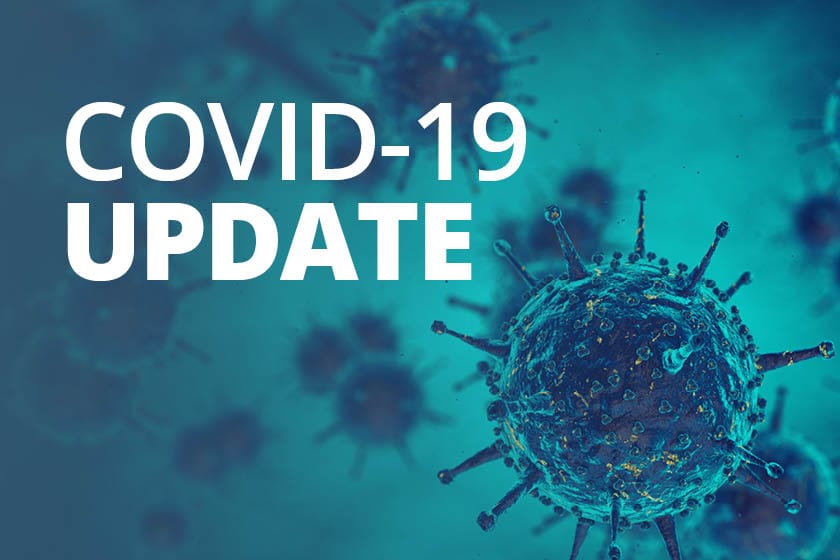Ethical guidance published for frontline staff dealing with COVID-19 pandemic
01 Apr 2020
The Royal College of Physicians and Surgeons of Glasgow has collaborated with the Royal College of Physicians of London and a range of other health bodies to publish ethical guidance for frontline staff dealing with the COVID-19 pandemic, supported by more than a dozen other health organisations.

The Royal College of Physicians and Surgeons of Glasgow has collaborated with the Royal College of Physicians of London and a range of other health bodies to publish ethical guidance for frontline staff dealing with the COVID-19 pandemic, supported by more than a dozen other health organisations.
College representatives joined with members of the RCPL’s Committee on Ethical Issues in Medicine, chaired by Dr Alexis Paton, to develop the guidance, which is supported by nine other Royal Colleges and five medical faculties. It takes into consideration recent joint statements from the General Medical Council (GMC), the NHS and the UK’s four Chief Medical Officers.
The guidance reminds frontline staff that while so much has changed during the pandemic, they still need to ensure that care is provided in a fair and equitable way.
Beds – including Intensive Therapy Unit (ITU) beds – should still be allocated according to continual assessment so that patients in most need are prioritised.
The presence or absence of COVID-19 should not be a limiting factor in treatment decisions. Where care between a COVID-19 patient and another patient in need of care is in question, care should be prioritised based on national guidance. Decisions made, regardless of whether they are COVID-19 related, should be done according to protocol, as per good clinical practice; ideally by more than one clinician and, in ITU, involving the entire multidisciplinary team. Accountability remains unchanged and such decisions should be robustly documented.
The RCP’s guidance reminds doctors of the importance of discussing with individual patients and their carers their wishes regarding ongoing care, and, again, these decisions should be clearly recorded.
As well as having a duty to protect the public from harm, doctors have a right to protect themselves so that they can continue to care effectively, and it would be ethical for those who would be harmed by contracting COVID-19, including doctors aged over 70 or with underlying health conditions – as per the government’s guidance – to refrain from treating patients with (or suspected to have) the virus. They should instead take on duties away from high risk areas.
The full guidance can be downloaded here.
The guidance is supported by the Royal College of Anaesthetists, Royal College of Emergency Medicine, Royal College of General Practitioners, Royal College of Radiologists, Royal College of Ophthalmologists, Royal College of Nursing, Royal College of Physicians of Edinburgh, the Royal College of Psychiatrists, the Faculty of Pharmaceutical Medicine, Faculty of Occupational Medicine, Faculty of Sexual and Reproductive Healthcare, Faculty of Intensive Care Medicine and Faculty of Sports and Exercise Medicine.
Category: COVID-19
Latest news and statements
Key priority areas
Topics
- Workforce
- Wellbeing
- Equality, Diversity and Inclusion
- Climate Change
- Health Inequalities
- College
- Obesity
- COVID-19
Archive
Key links
Tweets by @rcpsglasgow